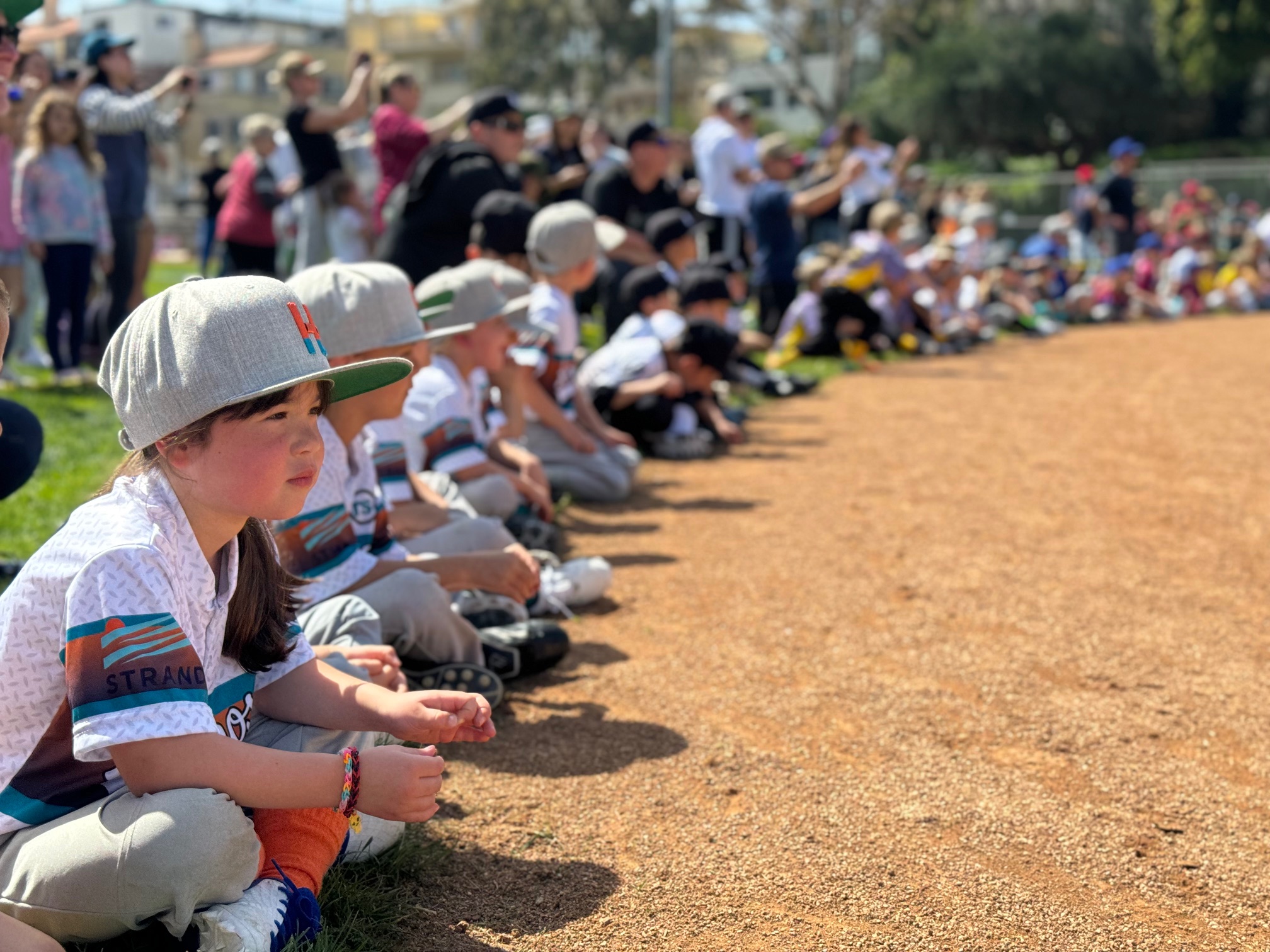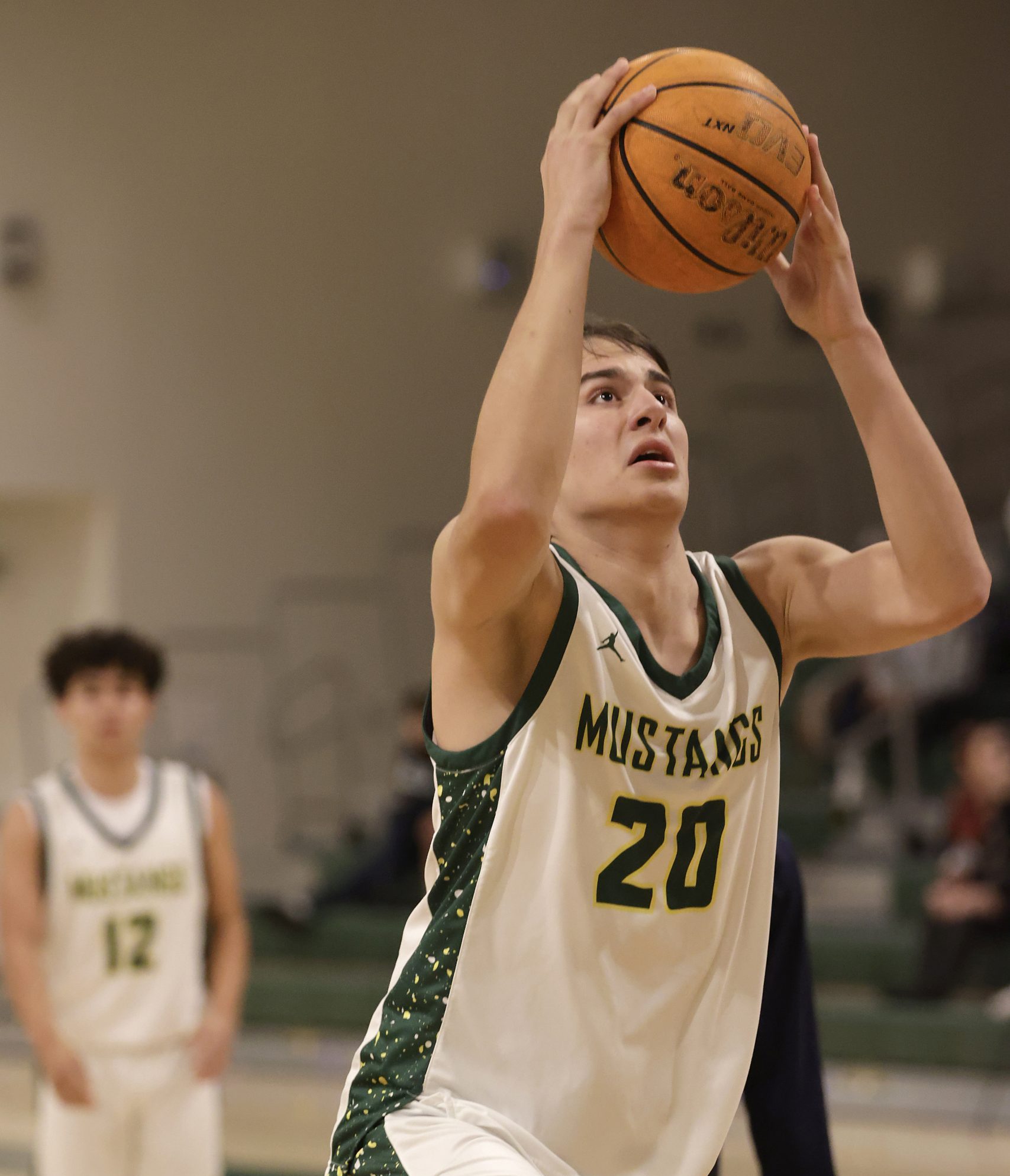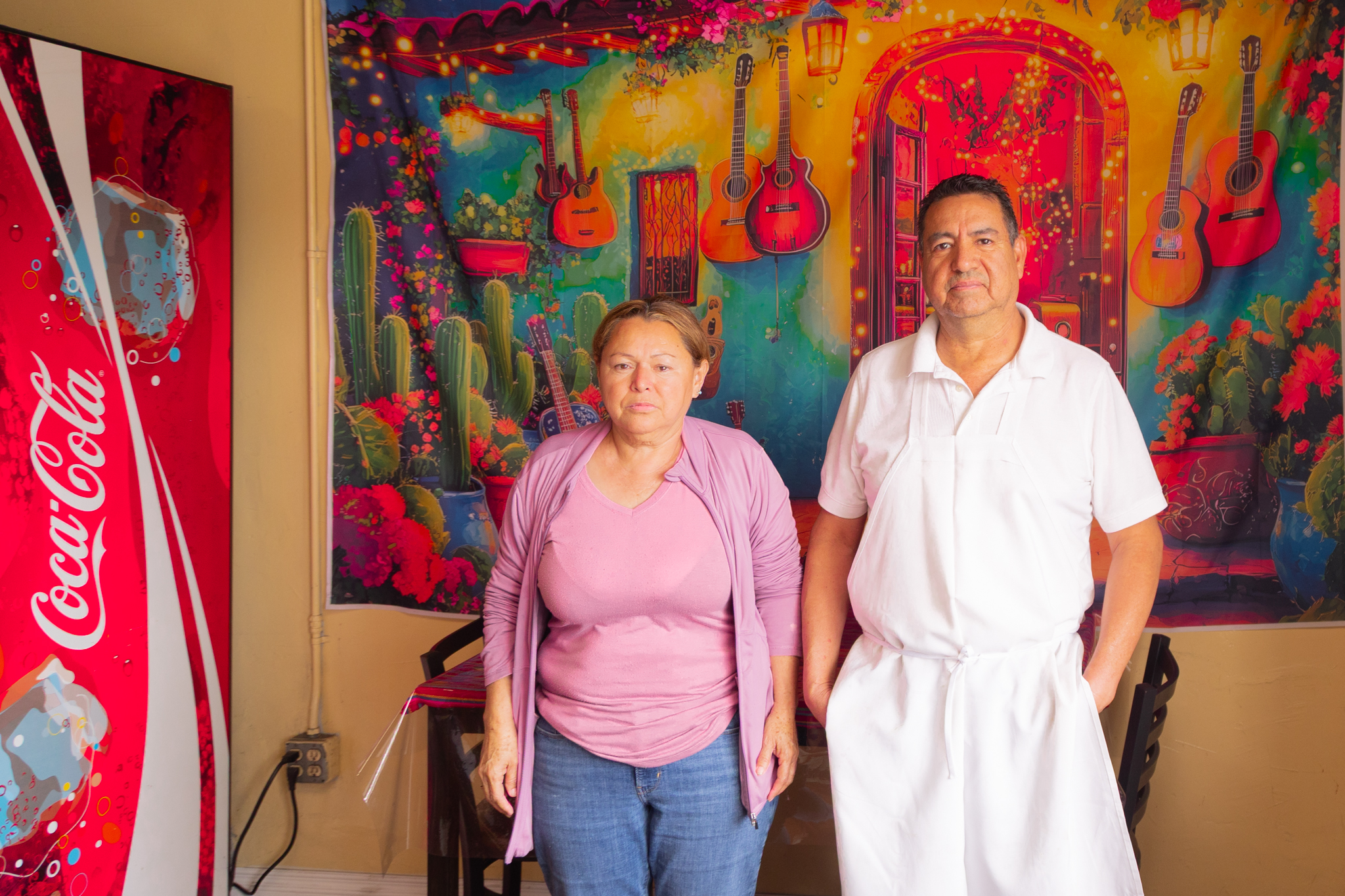An annual reminder
Amidst all the news industry changes since Easy Reader began publishing half a century ago, reporting remains a newspaper’s core responsibility. Taking photos and writing with the goal of informing residents is what motivated Easy Reader’s early, volunteer staff. Each year, as a reminder of the paper’s purpose, we invite readers to share their stories and photographs. Easy Reader wishes to thank all who contributed, and also readers for their support.
Kevin Cody
Publisher
Grand Prize Writing
My Father’s Days
by Mark West
Honorable Mentions – Writing
A Fish Called Riyo
by Anna Tattu
Greek Odyssey
by Spiros H. Mikelotos
Homage to Lord Tweedmouth
by Ron Sokol
No Need to Go Home Again
by Dave Siemienski
June Gloom Vision
by Janice Nigro
Resolution at White Point
by Joel Gitelson
Cat Karma
by Georgette Gantner
The Tempest
by J.E. Marshall
Dark Tides
by Raymond Dussault
Limited Visibility
by Don Ruane
Dungeon to Dragons
by Annabel Lin
Grand Prize Photography
“Dewey’s World”
by Warren Barr
Second place Photography
“Swallow feeding its young”
by Melissa H. Chong.
Third Place Photography
“Balancing Act”
by Nanci Lewis
Honorable Mentions – Photography
“South Bay Tree”
by Homer Hernandez
“The Bee and the Verbena”
by Robert W. Chong
“Paddlers”
by Dave Weldon
“North End tide pools”
by Gus McConnel
“Drama Above and Below”
by Michael McKinney
“Catching Some Rays”
by Larry Heyert
“Junior Lifeguards”
by Jennifer Faulk
‘Ballerina”
by Jamie Brown
“Sunset Wave”
by Joel Gitelson
“Winter Surf”
by Jamie Brown
Grand Prize Writing WINNER
My Father’s Days
An era when everyman could be a philosopher king
by Mark West
My dad didn’t talk much about his youth, but I know he was born in Yakima Washington, and later moved to San Bernardino with my Grandma Edith. Before I moved to the South Bay, I remember Dad telling me about his forays to a jazz nightclub in Hermosa Beach, a town I’d barely heard of.
He and his friends would jump into whoever’ car was running at the time and drive from San Bernardino to the Lighthouse, which was becoming known as the birthplace of West Coast “cool” jazz, an appropriate moniker for music borne out of a small beachside town and frequented by Stan Getz, Chet Baker, and Miles Davis. There used to be a huge picture on the brick wall inside of the club of four young guys circa 1955 wearing snappy suits and Ray-Bans. I swear one of them was Dad.
As far as I know, Dad never had a father, but there were usually a few “uncles” hanging around when we visited Grandma. I didn’t get to know any of them, but I think I can understand why Grandma Edith never married my dad’s dad; from what I can remember, she was a strong and independent woman, probably not willing to put up with his or any other man’s nonsense.
Once, when she was around 75, she drove from her home in Tennessee to visit us in Whittier, where I grew up, before moving to Hermosa. She just showed up on our doorstep one hot summer day with her horny poodle, Jacko, who took a liking to my brother’s Teddy Bear.
When he was young, Dad also used to drive the windy road up to a bar in Big Bear where artists, beatniks, and anyone cool enough to wear Ray-Bans would pontificate about the state of things.
This was when Beat writers Kerouac, Ginsberg, and Burroughs laid the philosophical foundations of a new, free-spirited generation, underscored by the existential fear that the world could be annihilated at any moment.
I’ve dreamt of my dad at that bar with his crew cut, button-down shirt, and horn-rimmedglasses, getting up on the tree stump in the corner and, importantly, reciting the first lines of Ginsberg’s Howl: “I saw the best minds of my generation destroyed by madness, starving hysterical naked, dragging themselves through the negro streets at dawn looking for an angry fix, angelheaded hipsters burning for the ancient heavenly connection to the starry dynamo in the machinery of night…”
He met my mother after returning from India to help build the Burma road at the outset of World War Two. Mom was a stalwart Midwest Daughter brought up with a loving mother and alcoholic father. She taught Sunday school and was prone to singing hymns off-key in church while my brother and I crafted paper airplanes from the little pads of paper that sat next to the hymns on the shelves attached to the back of the pews.
As far as I can remember, Dad never attended. He seemed more interested in the philosophical ponderings and spiritual ideas of other cultures, as evidenced by the tomes lining the bookshelves in the den of our small, suburban home — “Life and Teaching of the Masters of the Far East” and ‘Autobiography of a Yogi.’
The den was a gathering place in our small, five-room tract house just south of Los Angeles because the television was there. When the summer heat became oppressive, we’d gather in that small room to luxuriate in the cool air blasting from the air conditioner that hung in the window. Eventually, the air conditioner would overload the 110 circuits, evoking some choice words from Dad and the hollow promise to get 220 wiring by the following summer. We never did.
After the war, Dad became a proofreader for the Los Angeles Times. What’s a proofreader? It’s sort of like a human spellchecker. He’d read the copy before the newspaper was put to press, looking for mistakes. Newspapers were made from paper back then and had stories like the ones you see on your computer today. Actual humans, not AI, generated them.
This is where it gets bizarre — young boys would strap canvas bags onto their bikes and ride through the neighborhood, delivering newspapers daily by holding onto the handlebars with one hand, grabbing a newspaper with the other, and flinging it toward the doorstep of a subscriber without breaking stride. Being a paperboy was a familiar rite of passage for many of us during the Sixties and Seventies.
When Mom and Dad retired to Northern Nevada, my brother and I would visit and always be entertained in the morning when we watched Dad perusing the morning paper over coffee. We’d sit in silence and wait for it — a loud guffaw would ring through the air, and Dad, incredulous about some grammatical misgiving, or punctuation error of grand proportions and enormous consequence, would exasperatedly comment on the grievous mistakes made by some lowly editor at the Reno Gazette-Journal.
I married and settled down at a house on 3rd and Ardmore. Mom and Dad would visit me and my wife regularly, making the trek from Carson City to Hermosa Beach down the 395 in Dad’s old Ford Taurus. We’d spend the time catching up, going out to eat at Fat Face Fenner’s or Cialuzzi’s, and drinking wine on the balcony as the last whispers of long summer days were hushed. Dad was even introduced to a long-standing Hermosa Beach tradition — getting a parking ticket for putting his car behind mine, across the sidewalk, and on the apron of the driveway.
It was late summer when he called to tell me his cancer had returned. He chose not to fight it, saying, “I guess 85 years on this earth is about enough; it’s time to move on. A year and a half later, around Christmas, we visited him for the last time. I have video of him in a wheelchair with my 10-month-old daughter in his arms. I zoomed in; the closeup shows a gaunt remnant of a once robust and vibrant philosopher/king holding Hannah and looking into her eyes, beaming as if he’d live forever. He was gone in a few weeks.
My best memory of Dad is from back in Whittier. I was on the front lawn washing the VW bug Mom and Dad had given my brother and me to share over the summer before selling it and going off to college. It was one of those warm breeze, smell of cut grass, bright Southern California summer Saturday afternoons when all the mysteries and magic of life lay out in front of you.
I was putting the finishing touches on the car, getting ready to round up a few friends and dash off into the mad, crazy summer night with all the hope, sound, and fury of kids that age. Dad was coming from somewhere and stopped to admire my work. I told him what I was up to, and after pausing a moment, he looked at me and said, “Well, Mark, just remember to take it easy.
BUT TAKE IT!”
That’s how I best remember Dad.
Second Place Photography

Third Place Photography









